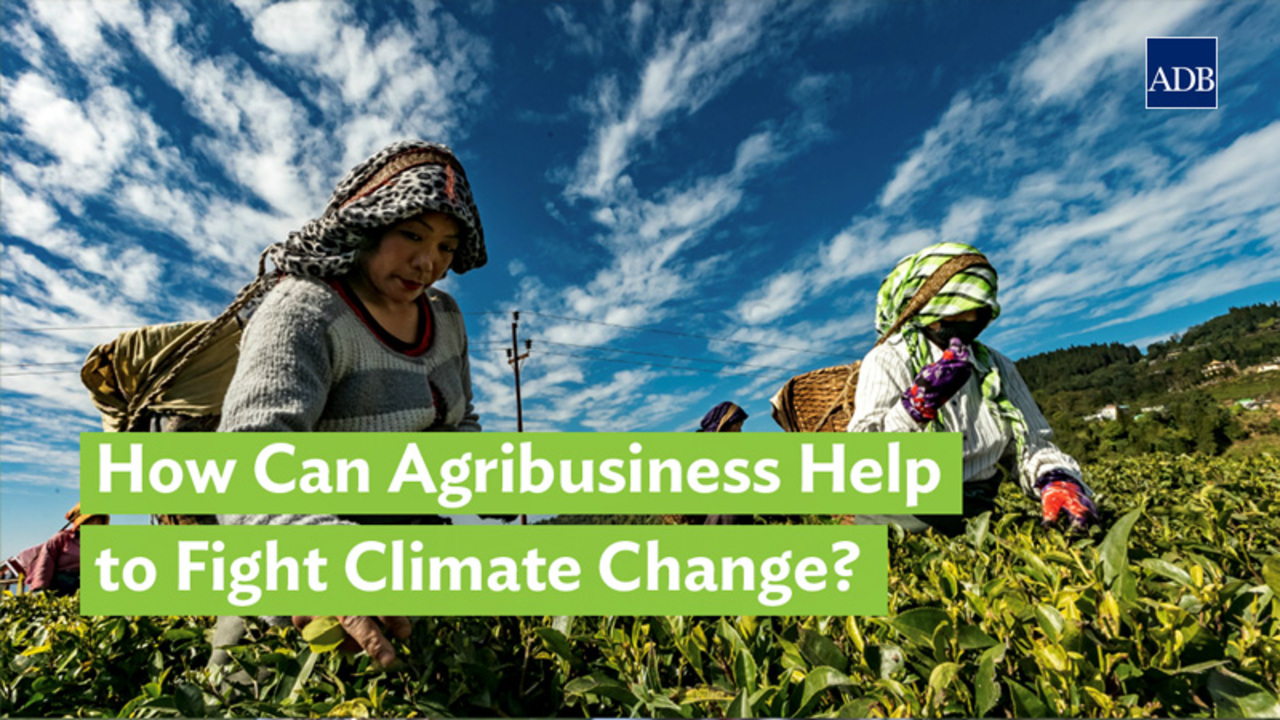Climate change is one of the most pressing issues of our time, with far-reaching consequences for the environment, human health, and the economy. Agriculture plays a significant role in this crisis, contributing to greenhouse gas emissions, deforestation, and soil degradation. However, agriculture can also be a powerful tool in combating climate change. By adopting sustainable practices, reducing emissions, and sequestering carbon, agriculture can help mitigate the effects of climate change and ensure a more sustainable future.
Agriculture’s Contribution to Climate Change
Agriculture is a significant contributor to greenhouse gas emissions, accounting for around 24% of global emissions. The main sources of emissions in agriculture are:
- Livestock production: Livestock, especially ruminant animals like cows and sheep, produce methane and nitrous oxide, potent greenhouse gases.
- Synthetic fertilizers: The use of synthetic fertilizers in agriculture leads to nitrous oxide emissions, a greenhouse gas with a global warming potential 298 times higher than carbon dioxide.
- Deforestation: The clearing of forests for agricultural land leads to the release of stored carbon into the atmosphere and reduces the ability of forests to act as carbon sinks.
- Soil degradation: Soil degradation, including erosion and nutrient depletion, reduces the ability of soils to sequester carbon.
Sustainable Agriculture Practices
Sustainable agriculture practices can help reduce emissions, sequester carbon, and promote climate resilience. Some of these practices include:
- Agroforestry: Integrating trees into agricultural landscapes can help sequester carbon, reduce soil erosion, and promote biodiversity.
- Conservation agriculture: This approach involves minimizing soil disturbance, maintaining soil cover, and using crop rotations to promote soil health and reduce erosion.
- Organic farming: Organic farming practices, such as using natural fertilizers and pest control methods, can reduce emissions and promote soil health.
- Regenerative agriculture: Regenerative agriculture focuses on regenerating soil health, promoting biodiversity, and sequestering carbon through practices like no-till farming and cover cropping.
- Climate-smart agriculture: Climate-smart agriculture involves adapting agricultural practices to the projected impacts of climate change, such as using drought-tolerant crop varieties and conservation tillage.
Benefits of Sustainable Agriculture
Sustainable agriculture practices can have numerous benefits, including:
- Carbon sequestration: Sustainable agriculture practices can help sequester carbon in soils and plants, reducing atmospheric carbon dioxide levels.
- Improved soil health: Sustainable agriculture practices can improve soil health, reducing erosion and increasing fertility.
- Increased crop yields: Sustainable agriculture practices can improve crop yields, reducing the need for additional land and promoting food security.
- Enhanced biodiversity: Sustainable agriculture practices can promote biodiversity, supporting ecosystem services and promoting ecosystem resilience.
- Improved livelihoods: Sustainable agriculture practices can improve the livelihoods of farmers, promoting economic stability and reducing poverty.
Challenges and Opportunities
While sustainable agriculture practices offer numerous benefits, there are challenges to their adoption, including:
- Limited awareness: Many farmers lack awareness of sustainable agriculture practices and their benefits.
- Limited access to finance: Farmers may lack access to finance to invest in sustainable agriculture practices.
- Policy and regulatory frameworks: Policy and regulatory frameworks can either support or hinder the adoption of sustainable agriculture practices.
Despite these challenges, there are opportunities for agriculture to play a significant role in combating climate change. Governments, international organizations, and civil society can support the adoption of sustainable agriculture practices through:
- Policy support: Governments can develop policies and regulations that support the adoption of sustainable agriculture practices.
- Financial support: Governments and international organizations can provide financial support to farmers to invest in sustainable agriculture practices.
- Capacity building: Governments, international organizations, and civil society can provide training and capacity-building programs to support farmers in adopting sustainable agriculture practices.
- Research and development: Research and development can help identify and promote sustainable agriculture practices that are adapted to local contexts.
Conclusion
Agriculture plays a significant role in climate change, contributing to greenhouse gas emissions and deforestation. However, agriculture can also be a powerful tool in combating climate change. By adopting sustainable practices, reducing emissions, and sequestering carbon, agriculture can help mitigate the effects of climate change and ensure a more sustainable future. Governments, international organizations, and civil society must work together to support the adoption of sustainable agriculture practices and promote a more sustainable food system.

